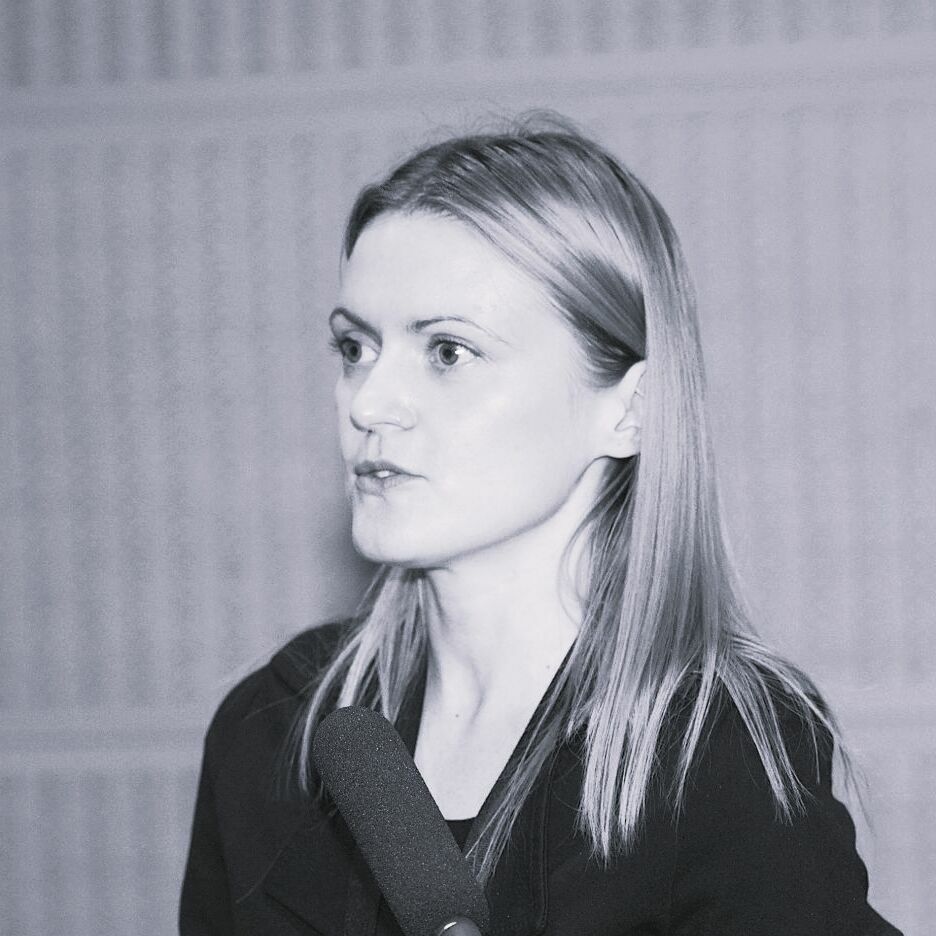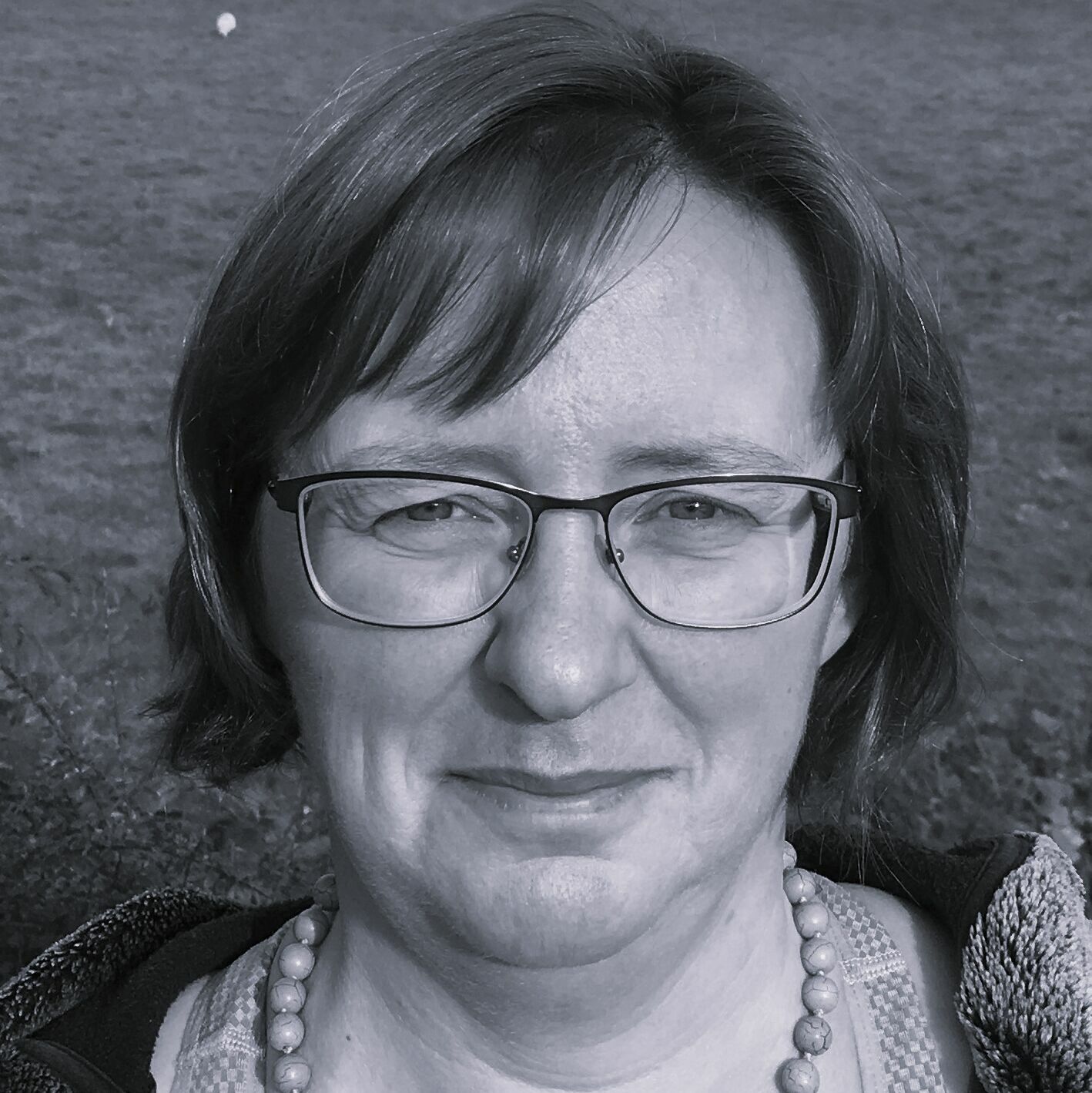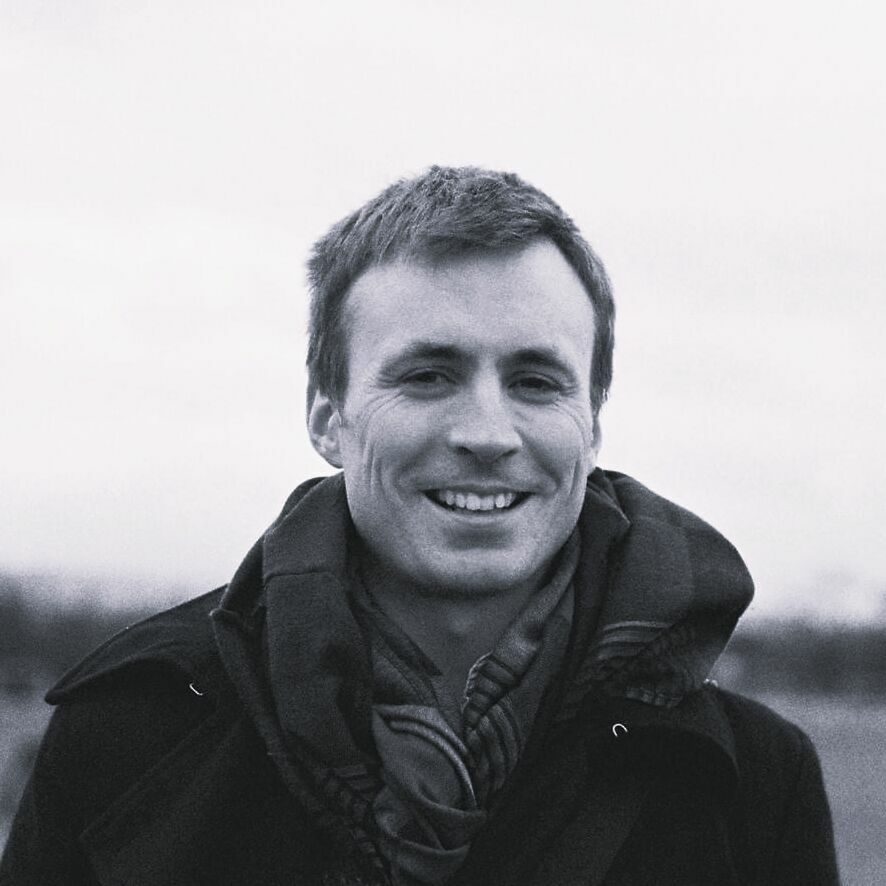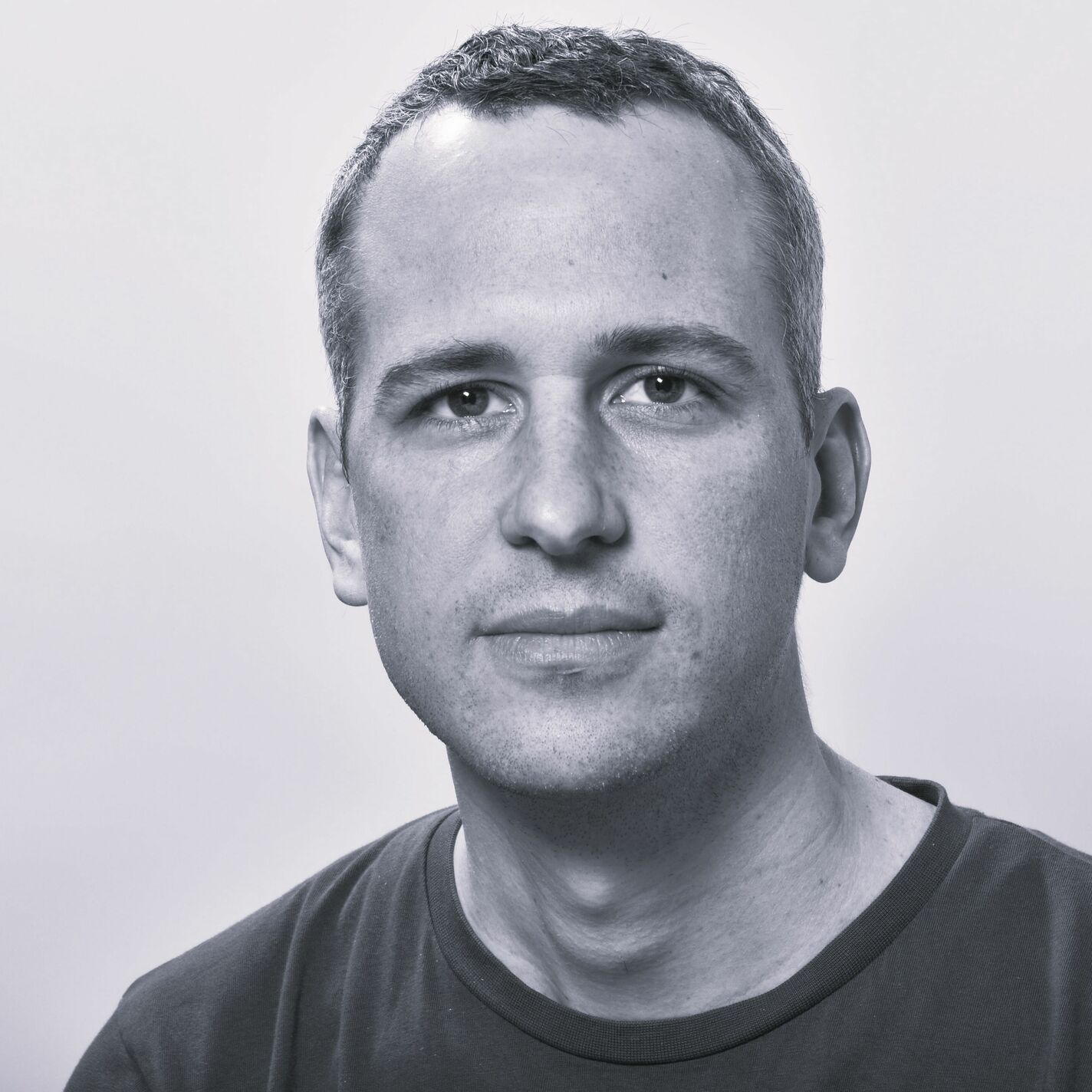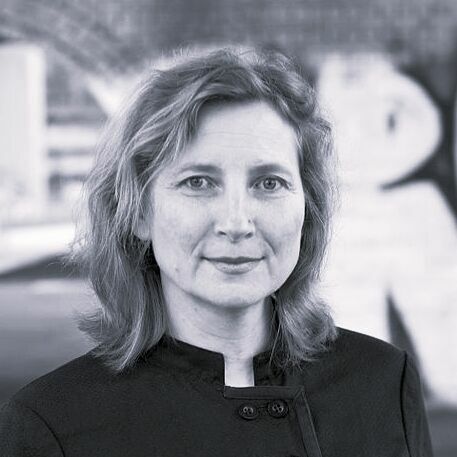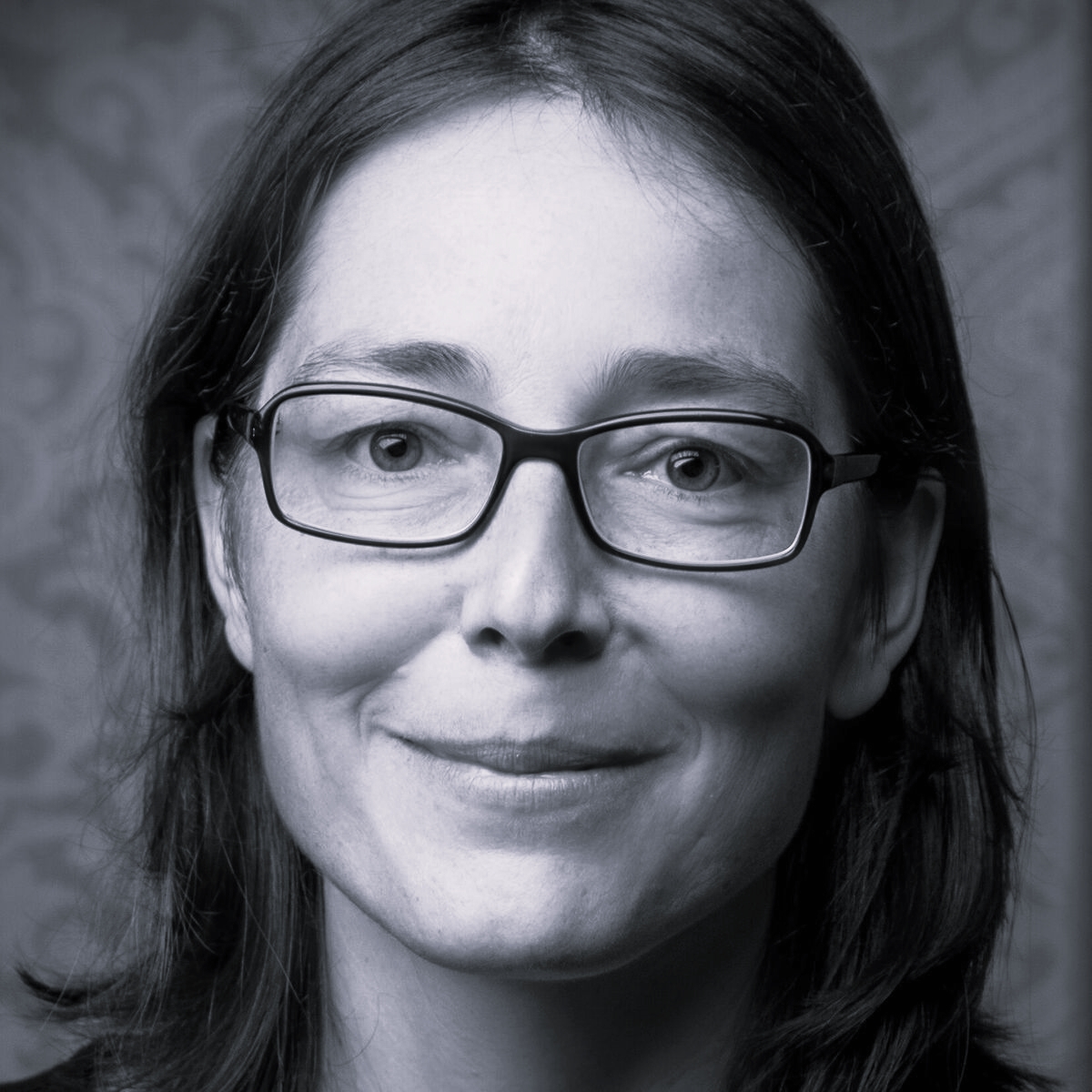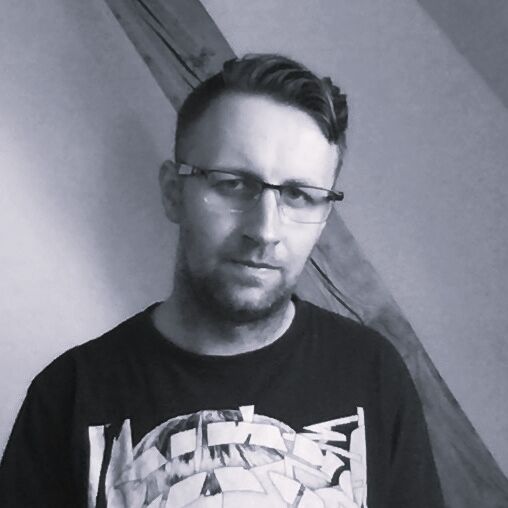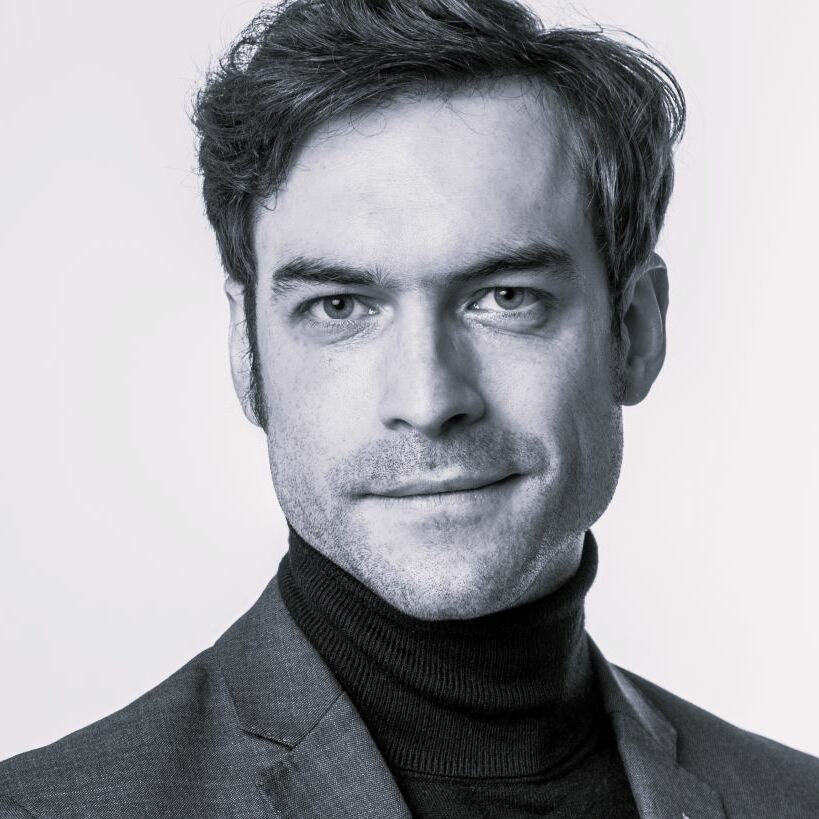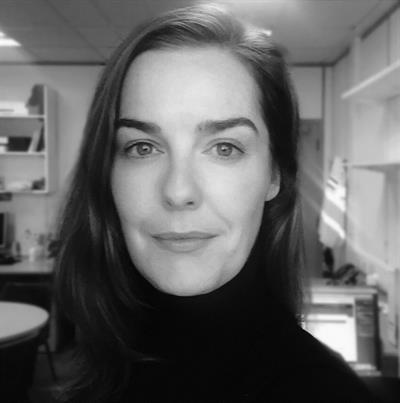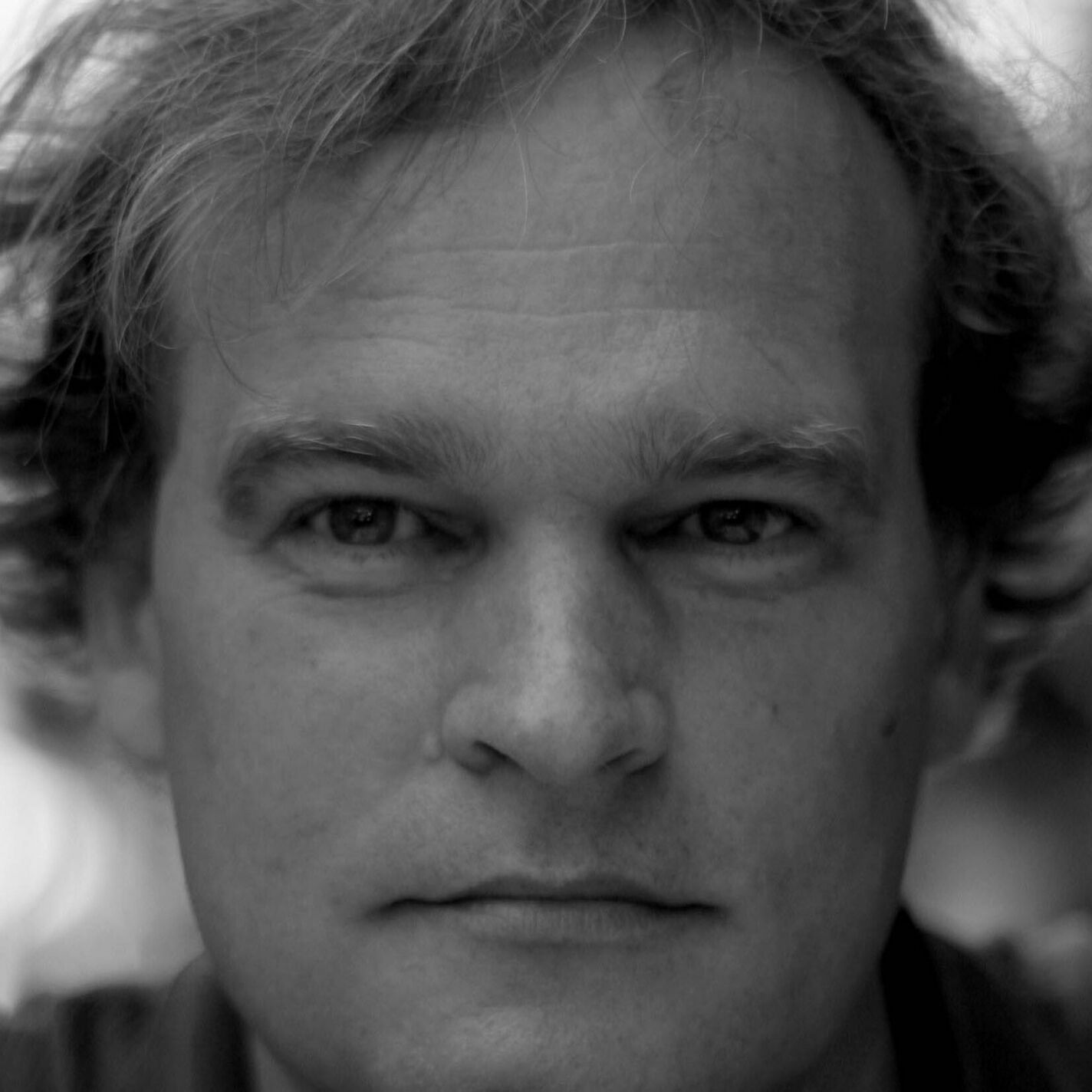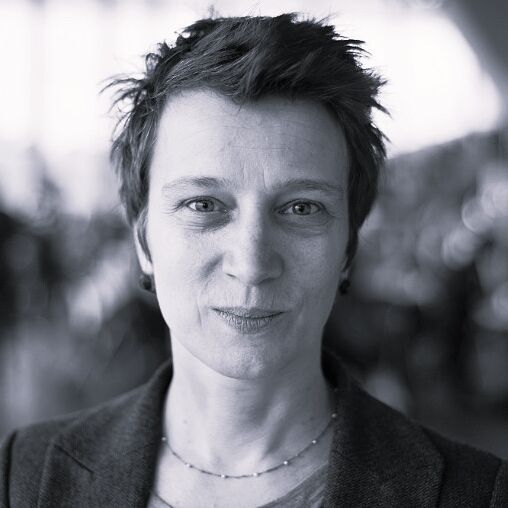Digital Archives 2022

The summer school "Digital Archives. Data Literacy and Presentation Strategies in Audiovisual Archives" is a 5-day, practice-oriented course aimed at people working in audiovisual archives as well as at everyone else who is interested in enhancing their knowledge about digital environments and processes related to digital archives.
Date: 5-9 September 2022 | Language: English |
Number of participants: 20-25 | Location: Filmuniversität Babelsberg KONRAD WOLF / Bundesarchiv Lichterfelde |
Costs: 1030.00 EUR Students receive a discount of 10% percent of the regular price. | Early Bird before 30 April 2022: 930.00 EUR |
Typically, film archives are not archives in the traditional sense, but rather hybrid institutions that, due to their history and the complexity of film rights, often face major challenges when it comes to cataloguing, metadata management, transparency, and accessibility.
The ongoing process of digitalization presents film archives with the necessity of changing their workflows, strategies, and policies and of providing their staff with additional training. In order to support people and institutions with more knowledge, we decided to establish the "Digital Archives" Summer School in collaboration with Bundesarchiv and Deutsche Kinemathek as well as with support from the International Federation of Film Archives (FIAF). The second edition focuses on the subject of digital curation.
Timetable
| Monday (5.9.) | 9:00 - 10:00 | Arrival, Welcome, Introduction |
| 10:00 - 12:30 | Input Participants | |
| 12:30 - 14:00 | Lunch | |
| 14:00 - 17:30 | Digitization Workflows (Ela Wysocka) | |
| 17:30 - 19:30 | Dinner | |
| Tuesday (6.9.) | 9:00 - 10:30 | Theoretical Aspects of Digital Curation (Dr. Sarah Higgins) |
| 11:00 - 12:30 | Long Term Preservation (Converting to FFV1) (Kieran O’Leary) | |
| 12:30 - 14:00 | Lunch | |
| 14:00 - 15:30 | Long-Term Preservation (File Normalization) (Etienne Marchand) | |
| 16:00 - 17:30 | Long-Term Preservation (Checking Files for Preservation) (Micky Lindlar) | |
| Wednesday (7.9.) | 9:00 - 10:30 | Metaconcepts for Metadata (Barbara Fischer) |
| 11:00 - 12:30 | Linked Open Data for Film Archives (Paul Duchesne, Dr. Adelheid Heftberger) | |
| 12:30 - 14:00 | Lunch | |
| 14:00 - 15:30 | Linked Open Data for Film Archives (Paul Duchesne, Dr. Adelheid Heftberger) | |
| 16:00 - 17:30 | Bundesarchiv (Guided Tour) | |
| Thursday (8.9.) | 9:00 - 10:30 | Using Open Source Software (DCP-o-matic) (Oliver Hanley) |
| 11:00 - 12:30 | Copyright for Film (Dr. Claudy Op den Kamp) | |
| 12:30 - 14:00 | Lunch | |
| 14:00 - 15:30 | Storytelling (Jürgen Keiper) | |
| 16:00 - 17:30 | Digital Curation in Practice (Prof. Dr. Giovanna Fossati) | |
| 17:30 - 19:30 | Dinner | |
| Friday (9.9.) | 9:00 - 12:00 | City of Film Babelsberg (Guided Tour) |
| 12:00 - 12:30 | Feedback Session | |
| 12:30 - 14:00 | Lunch and Departures |
Topics
Emphasizing practical aspects, the Summer School will give participants the opportunity to present and discuss questions related to their daily work (Monday). We place great value on extensive feedback (Friday) enabling us to further improve the quality of the event.
The topics of the 2022 edition are the following:
- Digital Curation: Lecture on the theoretical classification of the term "digital curation" with a focus on AV media.
- Meta-Concepts for Metadata: Lecture on aggregating and making accessible film metadata.
Curation in film archival practice: Lecture on how to think and live curatorial approaches in film archival practice, including practical examples.
- Digitization (I and II): Workflows of selecting and preparing materials for "retro" digitization as well as aspects of bidding, project management and technical processes.
Converting to FFV1: Hands-on introduction to converting video files to the FFV1 codec, which has become a standard in long-term archiving.
- File normalization for long-term preservation: Presentation of the procedures for file normalization in a large television archive, followed by a discussion about the practical implementation in their own institutions.
Checking files for preservation: Practical advice and workflows for checking AV files in a large library followed by a discussion about practical applications in their own institutions.
Linked Open Data (LOD) / Ontologies: Includes both a theoretical as well as a practical part around the topic "Linked Open Data" in film archives, possible fields of application, links with Wikidata and the FIAF ontology.
Creation of a DCP: Hands-on introduction to the creation of a DCP using the DCP-o-matic software.
Rights: Workshop on AV-related copyright and usage rights, focusing on helpful strategies for making sense of this complex and difficult topic.
Storytelling: Introduction to the history and current developments of multimedia storytelling on the web, especially with regard to presentation strategies, knowledge transfer, and film-related concepts.
On Wednesday, the summer school will take place on the new premises of Bundesarchiv's film archive in Lichterfelde, which will be properly introduced to our participants. A guided tour through the famous film studios in Babelsberg will sweeten the conclusion of the event on Friday.
Instructors (Day 1 & 2)
Elżbieta Wysocka
Dr. Sarah Higgins
Kieran O’Leary
Etienne Marchand
Instructors (Day 2 & 3)
Micky Lindlar
Barbara K. Fischer
Dr. Adelheid Heftberger
Paul Duchesne
Instructors (Day 3 & 4)
Oliver Hanley
Dr. Claudy Op Den Kamp
Jürgen Keiper
Prof. Dr. Giovanna Fossati
Application and participation
The Digital Archives summer school is directed at staff members of film-related archives and all persons who would like to enhance their knowledge and skills related to digital film archives.
Participants are asked to register online using our application form. Spots are limited and will be awarded based on registration date after assessment of the application and receipt of the participation fee.
The fee covers materials, lunches, and a dinner at the end of the event. Travel and accommodation expenses are not included and must be covered by participants. For our participants we have reserved a room contingent in nearby hotels. Please contact us if you are interested.
Covid-19
The course of the Covid 19 pandemic and the measures to restrict the virus remain uncertain. The protection of our participants and teachers is our highest priority. Depending on the pandemic situation and according to the guideline of the Brandenburg regulation for the containment of the coronavirus, the workshop will be adapted to the circumstances and a hygiene and workshop concept will be applied depending on the situation.
Participants will be informed regularly and in good time about the planning status by e-mail. We recommend travel and accommodation reservation with cancellation option.
FIAF Scholarship
The International Federation of Film Archives (FIAF) kindly awards three scholarships that will cover the full participation fees. Travel and accommodation costs must be covered by the applicants themselves.
Please indicate in your application whether you are applying for a scholarship, and if so, for what reasons:
- Why is it important for you to participate in the Digital Archives Summer School?
- What impact will your participation in this training have on your institution or working environment?
- Why do you need financial support?
Please submit your answers in English to summerschool(at)filmuniversitaet.de. The application deadline for the FIAF scholarship is 29 May 2022.
If you would like to be kept regularly informed about the upcoming editions of the Digital Archive Summer School, please subscribe to our newsletter.
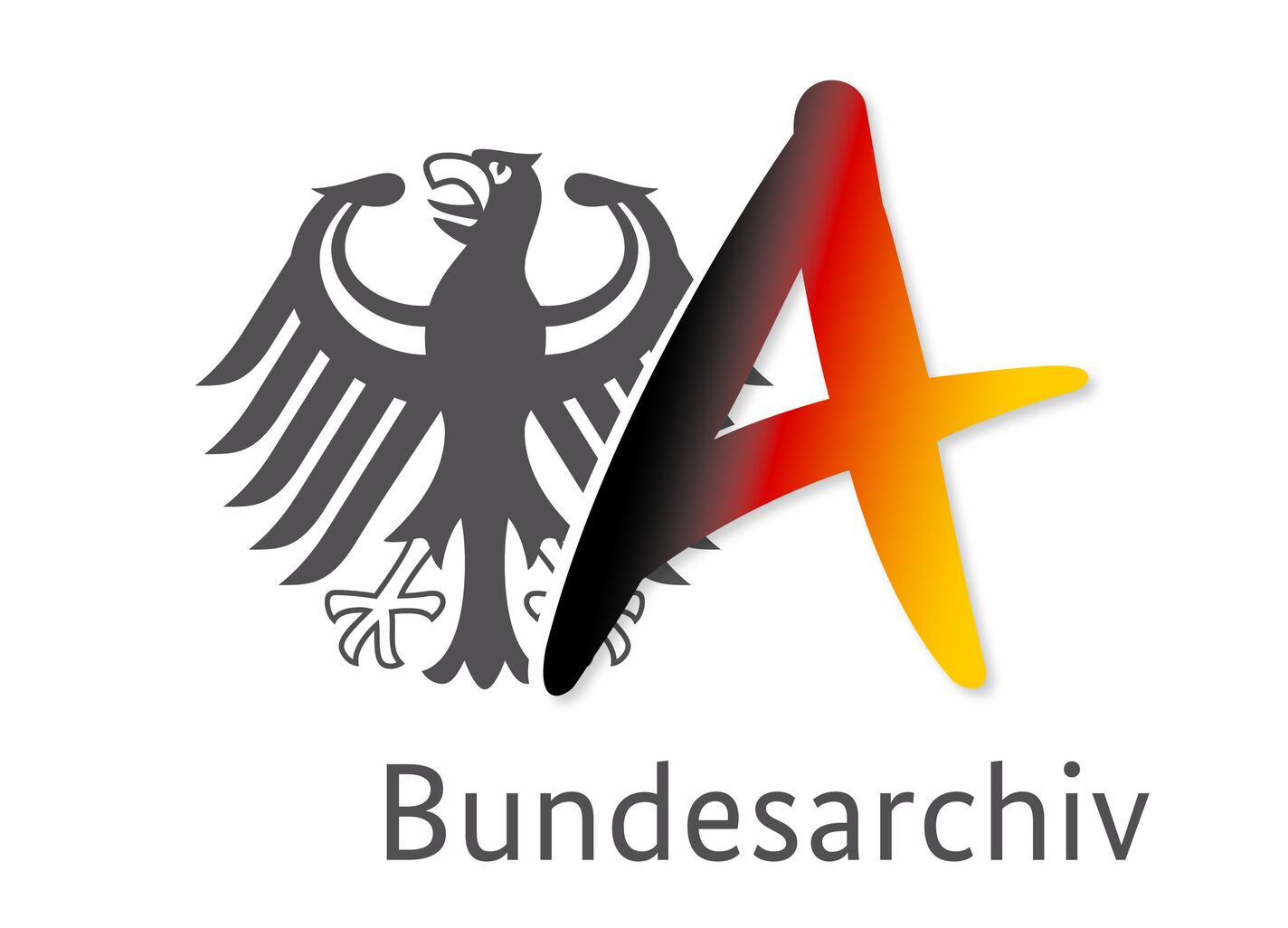
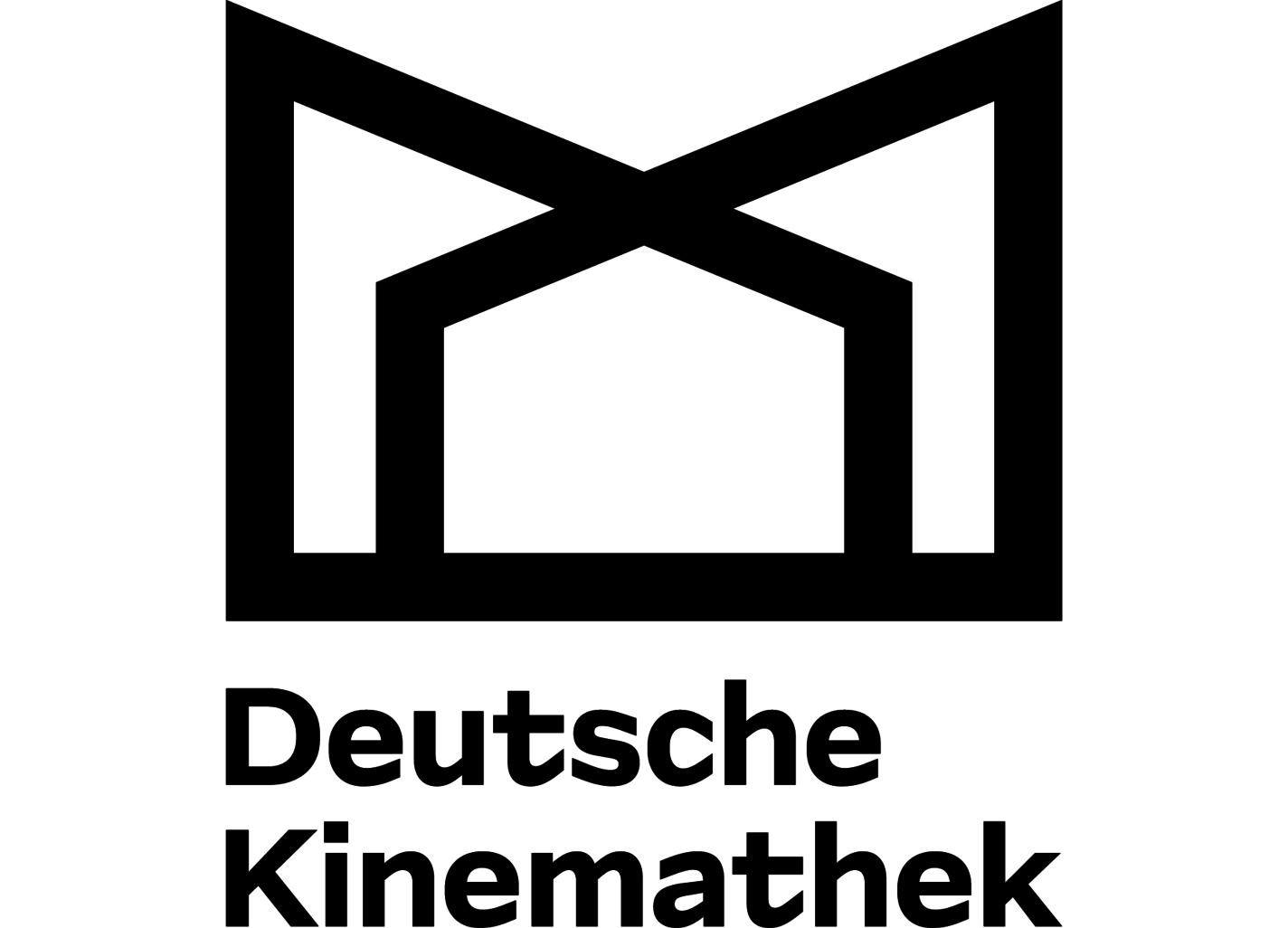
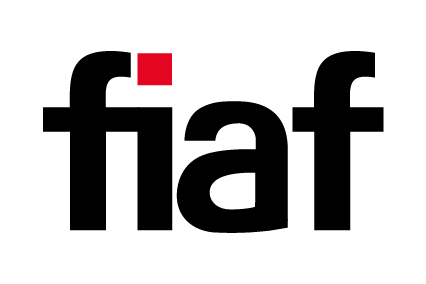
The Summer School "Digital Archives" is organised by the Filmuniversität Babelsberg KONRAD WOLF (Filmuni Summer School) in cooperation with the Bundesarchiv and the Stiftung Deutsche Kinemathek Berlin and with the support of the FIAF Cataloguing & Documentation Commission. It was conceived by Dr. Adelheid Heftberger, Jürgen Keiper and Prof. Dr. Chris Wahl.

